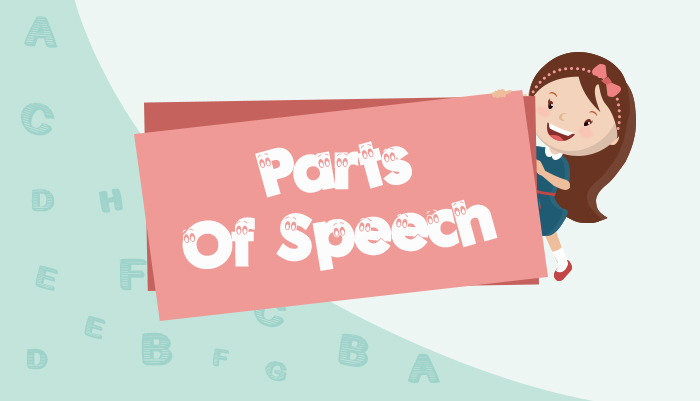
Reflexive pronouns (self, oneself, oneself, oneself, oneself, oneself)
A pronoun used to express that the subject receives the action of the verb (reciprocal action) in a clause or sentence. I'll buy new jeans for myself.
(I'll buy jeans.)
Intensive pronouns (same form as reflexive pronouns)
A pronoun that is used to provide security to the noun that precedes it. I myself promised not to break the project.
(I'm not going to corrupt the project.)
Reciprocal Pronouns (one another, one another)
A pronoun that is used when two or more subjects perform the same action on each other. They love each other.
(They love each other.)
• Pronoun-Antecedent Agreement
The pronoun-antecedent is a correspondence between the pronoun and the antecedent in terms of number, person, and gender. What is antecedent? namely words, phrases, or clauses that are pronounced by the pronoun. This agreement is necessary of course if it is in the sentence.
Example:
You have to take off your shoes there. (You have to take off your shoes there.) [Antecedent, pronoun]
• Explicit Pronouns (Exist & That)
Expletive are "empty words" or words that do not add meaning, but are useful for providing answers to certain parts of a sentence. Is / is used with the verb be to form a curse construction.
1 There is no food in my house. (There is no food in my house.)
2 It was easy to meet him. (It used to be easy to meet him.)
3. Definition of Verb
Verb (verb) is a word that serves to show the action of the subject, indicating events or circumstances. Verb is one of the eight parts of speech.
English verbs are not always simple (one word), but may be in the form of a phrase that results from a combination of particles into a phrasal verb (enter, make up, reread).
A. Types and Examples of Verbs
Several types and examples of verbs are as follows.
• Transitive and intransitive: Transitive follows a direct object (example: A boy kicks a ball), while intransitive does not (example sentence: Cheryl often sneezes while cleaning).
• Regular and Irregular: In the regular form, the past tense and the participle obtained by adding the suffix-ed to the basic form whereas in the irregular the way is more varied.
• Action and Stative: Action (eating, playing) states that something happened, while stative (love, necessary) is a condition that tends to remain.
• Finite and Non-Finite: Finite (Tense) and subject-verb agreement, whereas non-finite does not.
• Linking Verb: connecting the subject of the sentence with its description (example sentence: She is young and beautiful).
• Cause: A verb to show that the subject is not directly responsible for the action (example sentence: My house was renovated last week).
b. Auxiliary verb
Auxiliary is a verb that comes before the main verb (main verb). This auxiliary verb can be divided into:
• main helpers (be, do, have): strengthen the meaning of the main verb
• capital (can, could, may, might, will, would, shall, should, must): expressing willingness (willingness), ability (ability), need (need), and possibility (possibility).
• phrasal modal (be could, be going to, got to, used to, etc): a modal verb consisting of more than one word.
The auxiliary combination with the main verb is called a phrase verb.
c. Verb Sounds
Voice use states whether a sentence subject performs or receives an action. As for what is divided into:
• Active Voice: the subject performs an action (example sentence: I've cleaned your tome).
• Passive Voice: subject receives the action (example sentence: Book has been edited by Beatrice Sparks).
d. Verb Moods
Moods in English include:
• Imperative: to give orders, warnings, advice, instructions, or requests (example sentences: Sit down! Don't be careless).
• Subjunctive: to express a situation that is not real (conditional, wish, as if), requirements, as well as suggestions for example sentences: If the teacher is nice to me).
• Indicative: to make statements, rebuttals, or questions (example sentences: Cold weather).
e. Oral
Verbal, a word formed from a verb that functions as part of another speech, consists of:
• Gerund: serves as a noun (example sentence: I hate waiting).
• Infinitive: functions as a noun, adjective, or adverb (example sentence: To travel is a bad idea).
• Participle: serves as an adjective (your broken smile).
4. Definition of Adjectives
Adjectives are words that are used to describe a noun which can be a person, place (place), animal, object or an abstract concept. This English adjective is one of the eight parts of speech.



No comments:
Post a Comment